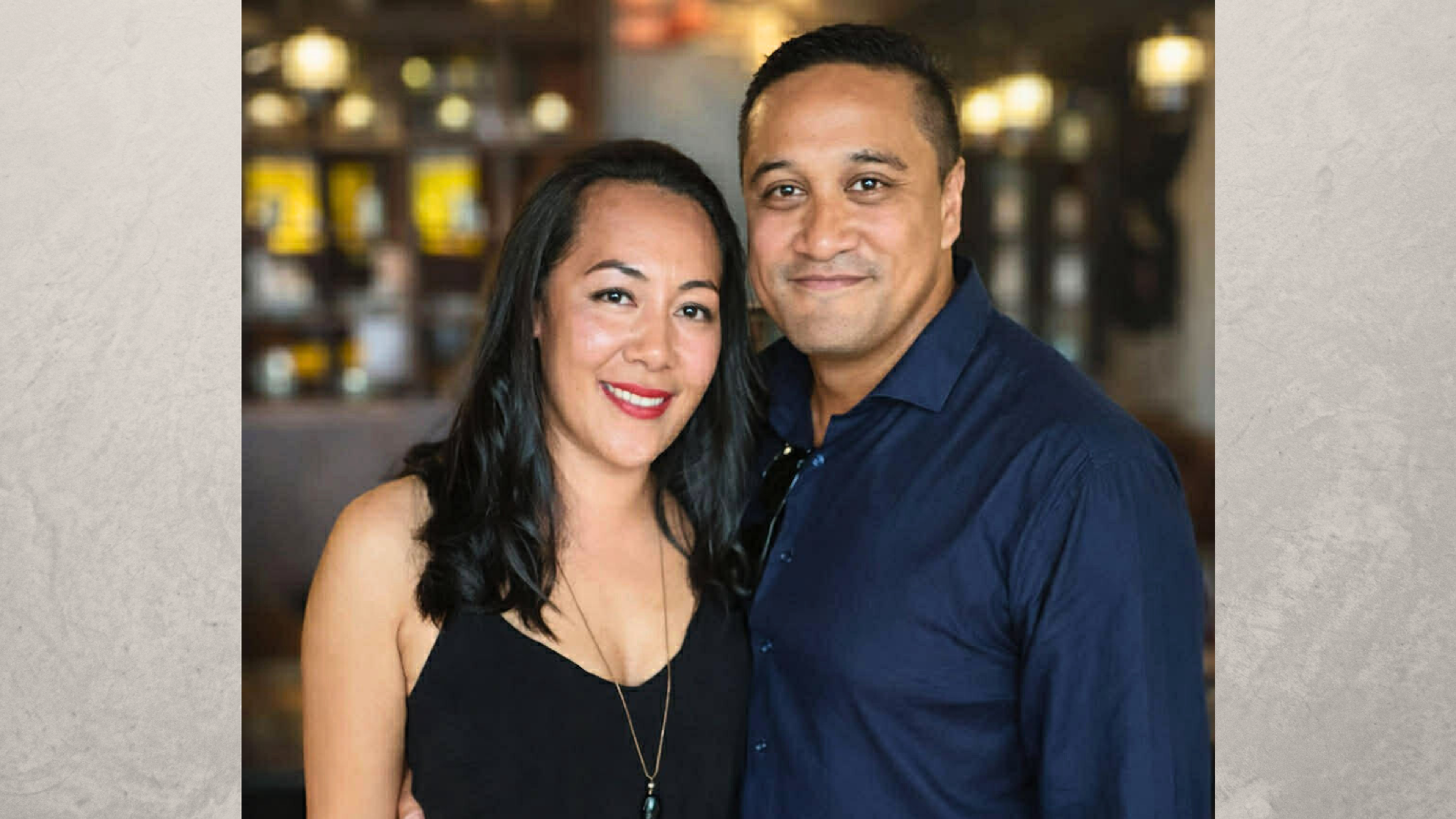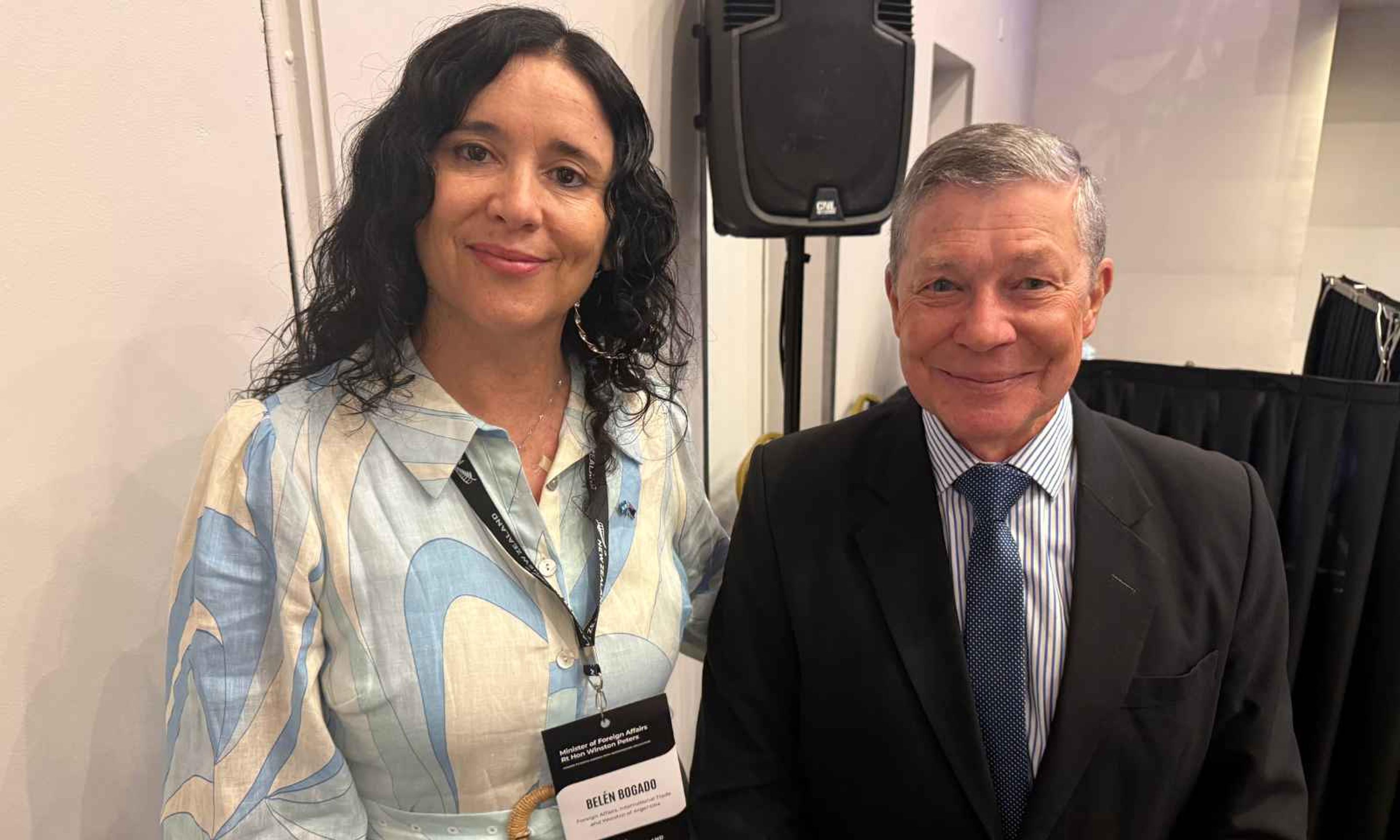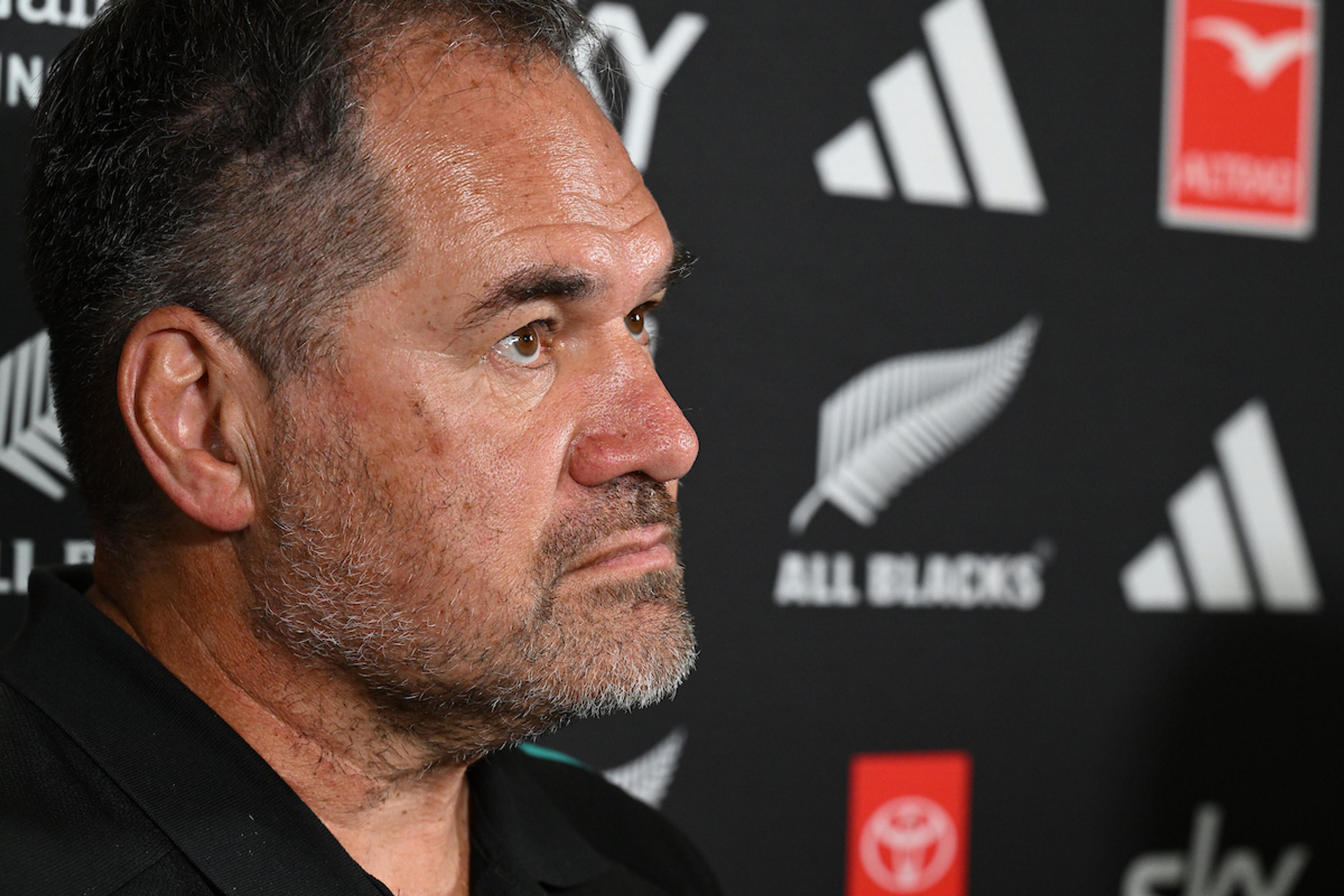

Professor Steven Ratuva speaks on the contestation between the US and China for the Pacific. Photo/iStock, Oleksii Liskonih (backdrop), Facebook (Ratuva) edited by Aui'a Vaimaila Leatinu'u
Photo/iStock, Oleksii Liskonih (backdrop), Facebook (Ratuva) edited by Aui'a Vaimaila Leatinu'u
Expert says Pacific geopolitical identity crisis is the region's biggest challenge
Canterbury University pro vice-chancellor Steven Ratuva says the Pacific must find their footing among growing interests in the region.


How the Pacific region could benefit from Argentina’s economic rebound, expert

Dave Rennie becomes first All Blacks coach of Pacific heritage

‘Without fear or favour’: Barbara Dreaver chronicles 30 years on the Pacific frontline

Tongan family in Abu Dhabi recount explosions as Middle East conflict escalates

How the Pacific region could benefit from Argentina’s economic rebound, expert

Dave Rennie becomes first All Blacks coach of Pacific heritage

‘Without fear or favour’: Barbara Dreaver chronicles 30 years on the Pacific frontline
A university professor says the biggest challenge for the Pacific is navigating the growing interest in the region by the United States and China.
Canterbury University pro vice-chancellor and political sociologist, Professor Steven Ratuva will attend the Council of International Development conference in Wellington today, as a keynote speaker.
Ratuva says the geopolitical game is complex for the Pacific, especially since cultural exchange was once only between Pacific peoples, which then expanded by colonial interaction.
"[The Pacific has] long cultural associations which goes back thousands of years," Ratuva says.
"And then on top of that the colonial and now post-colonial connections with colonial powers still around."
Ratuva considers both New Zealand and Australia as forms of colonial powers still extant within the Pacific.
"Another layer is the big external powers like China and the United States. Although they see themselves as a part of the Pacific as they exist in the Pacific Rim countries, their global significance, economic military and political power makes them much bigger.
"Pacific countries are trying to identify a position within this complex interplay of geopolitics, where they can express themselves fully."
To like, comment or share the interview, visit 531pi's Facebook page.